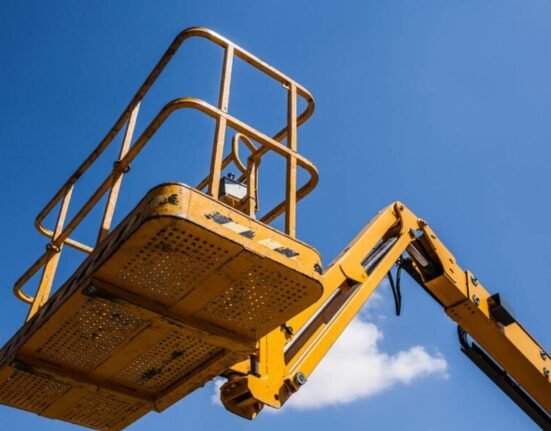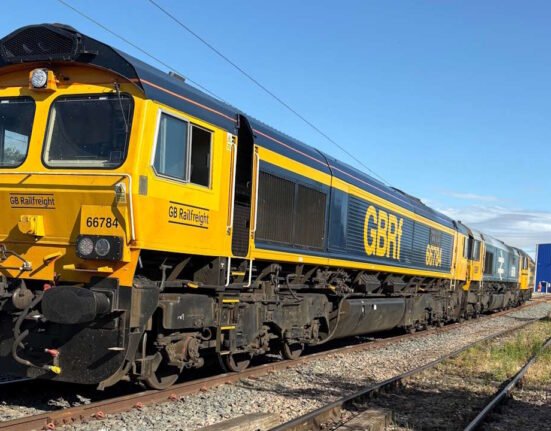The outlook for the Zacks Automotive – Original Equipment industry remains challenged, weighed down by macroeconomic headwinds and tariff-related demand volatility. The pull-forward in vehicle sales earlier this year, driven by tariff fears, is expected to result in a slowdown in the coming months, pressuring order volumes for equipment suppliers. While the shift toward electric and autonomous vehicles offers long-term growth potential, it also demands heavy investments in R&D, which may strain margins, especially for smaller players. On top of that, managing rising production and labor costs has become critical amid tightening profit margins. Despite these challenges, companies like Allison Transmission Holdings ALSN, Strattec Security STRT and Luminar Technologies LAZR are positioned well for growth.
Industry Overview
The Zacks Automotive – Original Equipment industry includes companies that engage in the designing, manufacture and distribution of automotive equipment components used for manufacturing vehicles. A few of the components manufactured by the participants include the drive axle, engine, gearbox parts, steering, and suspension, as well as brakes. Demand for original equipment depends directly on the sale of vehicles, which, in turn, is heavily reliant on economic growth and consumer confidence. Importantly, rapid globalization is opening up newer avenues for auto-equipment manufacturers who need to adapt to the changing dynamics through systematic research and development. From a future competitive standpoint, the industry players need to focus on technologies that offer the best value in a short span of time to the market.
Key Themes Defining the Industry’s Fate
Vehicle Sales to Decline Amid Tariff Woes: U.S. auto sales surged earlier this year as buyers rushed to beat potential price hikes following new tariffs. But that early demand is now fading. With the initial rush behind us, May 2025 sales are projected at 1.47 million units, putting the seasonally adjusted annual rate at 15.7 million, down from the 17.6 million average seen in March and April, according to S&P Global Mobility. Automakers are racing to get vehicles out, but ongoing tariff challenges are clouding the outlook. Sales momentum is expected to decline further in the coming months. This does not augur well for auto equipment manufacturers, whose performance is closely tied to vehicle sales.
Technological Innovation: The auto equipment industry is being reshaped by the rapid shift toward electric and autonomous vehicles. As automakers push for cleaner, smarter, and more fuel-efficient transportation, component suppliers are under pressure to innovate. This includes developing high-performance batteries, sensors, lightweight materials, and software systems. These trends are creating opportunities for suppliers that can design and deliver cutting-edge components. The race to electrify and automate vehicles is reshaping the competitive landscape, forcing traditional parts makers to evolve quickly and align their products with the vehicles of the future.







